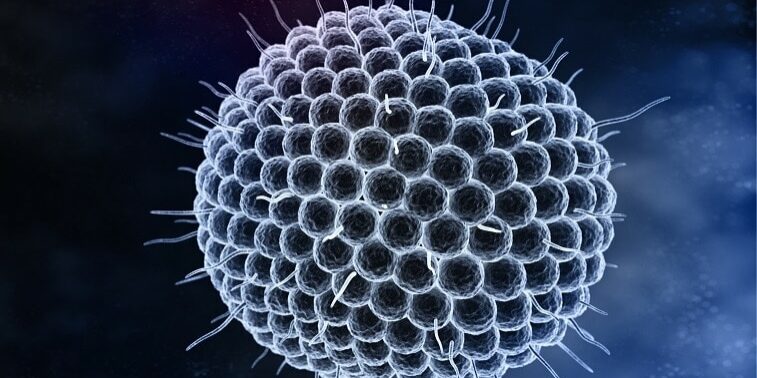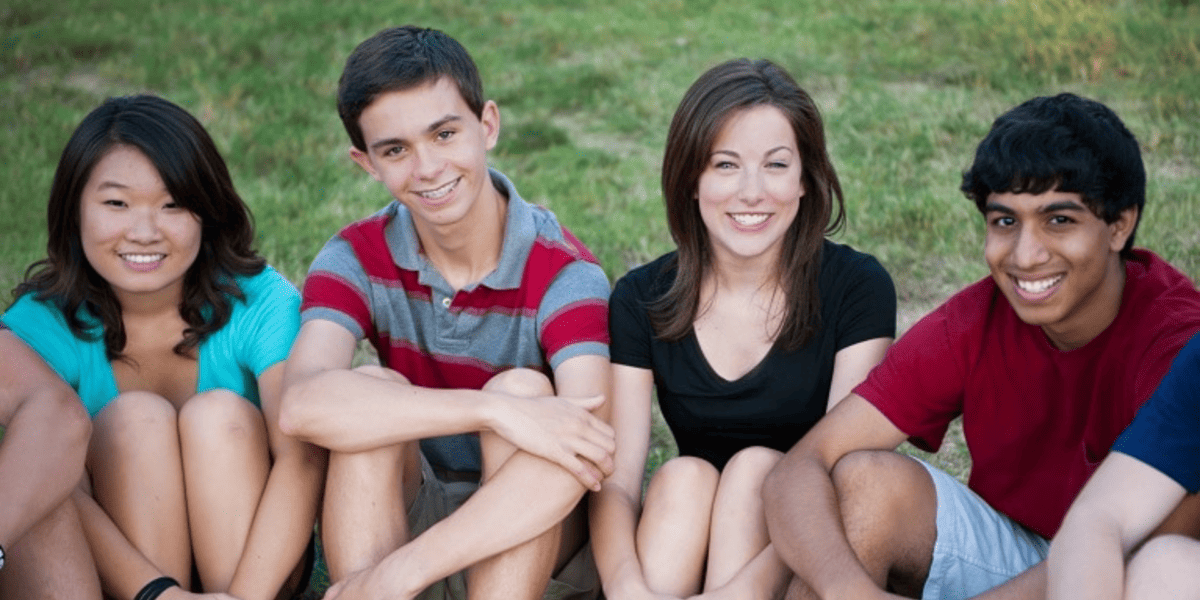
What Is Chickenpox?
Chickenpox is a disease caused by the highly contagious varicella zoster virus. It is spread by coughing and sneezing, and by direct contact with skin lesions (chickenpox rash that looks different from the skin around it). The risk for transmission of chickenpox among school-aged children, college students, and students in other post-secondary educational institutions can be high because of the likelihood of contact between people in this setting.
Chickenpox can lead to severe complications, including bacterial infection of the skin from the lesions, swelling of the brain, and pneumonia.
Burden
Chickenpox can be serious and even life-threatening. Before the chickenpox vaccine was available, each year in the US:
- About 4 million people got chickenpox
- More than 10,500 people were hospitalized with chickenpox
- Up to 150 people died due to chickenpox
- Adults are at greater risk for severe complications from chickenpox than children.
Symptoms
The classic symptom of chickenpox is a rash with itchy, fluid-filled blisters that become scabs. The rash may start on the chest, back, and face, and then spread over the entire body. Most, but not all, infected individuals have a fever, which develops just before or when the rash appears. Other symptoms may include:
- fever
- tiredness
- loss of appetite
- headache
A person with chickenpox is contagious 1-2 days before the rash appears and until all the blisters have formed scabs. Chickenpox typically develops 10-21 days after exposure.
Once a person has had chickenpox, the virus can reactivate later in life to cause a painful condition called shingles, often marked by a blistering rash.
Prevention
The Centers for Disease Control and Prevention (CDC) recommends two (2) doses of chickenpox vaccine for children, adolescents, and adults who have never had chickenpox and were never vaccinated. Children are routinely recommended to receive:
- the first dose at age 12-15 months
- the second dose at age 4-6 years
Two doses of the vaccine are approximately 98% effective at preventing chickenpox. Among those who are vaccinated, but still get chickenpox, the vaccine lessens the severity of the illness.
Treatment
The best way to prevent chickenpox is to get vaccinated. If you do get chickenpox, there are several things you can do to help relieve symptoms:
- Use calamine lotion
- Keep fingernails trimmed short and try not to scratch to prevent the virus from spreading
- If you scratch a blister by accident, wash your hands with soap and water for at least 20 seconds
- Use acetaminophen or non-aspirin medications to relieve fever
Do not use aspirin or aspirin-containing products to relieve fever from chickenpox.
If you or a member of your household are exposed to chickenpox and have not been vaccinated, talk to a healthcare professional.
Antiviral drugs are recommended for people with chickenpox who are more likely to become seriously ill, including the following groups:
- age 12 years and older
- those with chronic skin or lung disease
- those on long-term salicylate therapy or steroid therapy
- pregnant women
- those with weakened immune systems
Updated February 2023
Source: Centers for Disease Control and Prevention
Related Resources

Why Vaccinate Teens (Adolescents) and Adults against Chickenpox?
Chickenpox is not usually severe, but the risk of hospitalization and death is increased in teens (adolescents) and adults. Chickenpox may cause complications such as…

Susan’s Story (Chickenpox)
More than 20 years later, a young woman still has scars from the vaccine-preventable disease that nearly killed her
